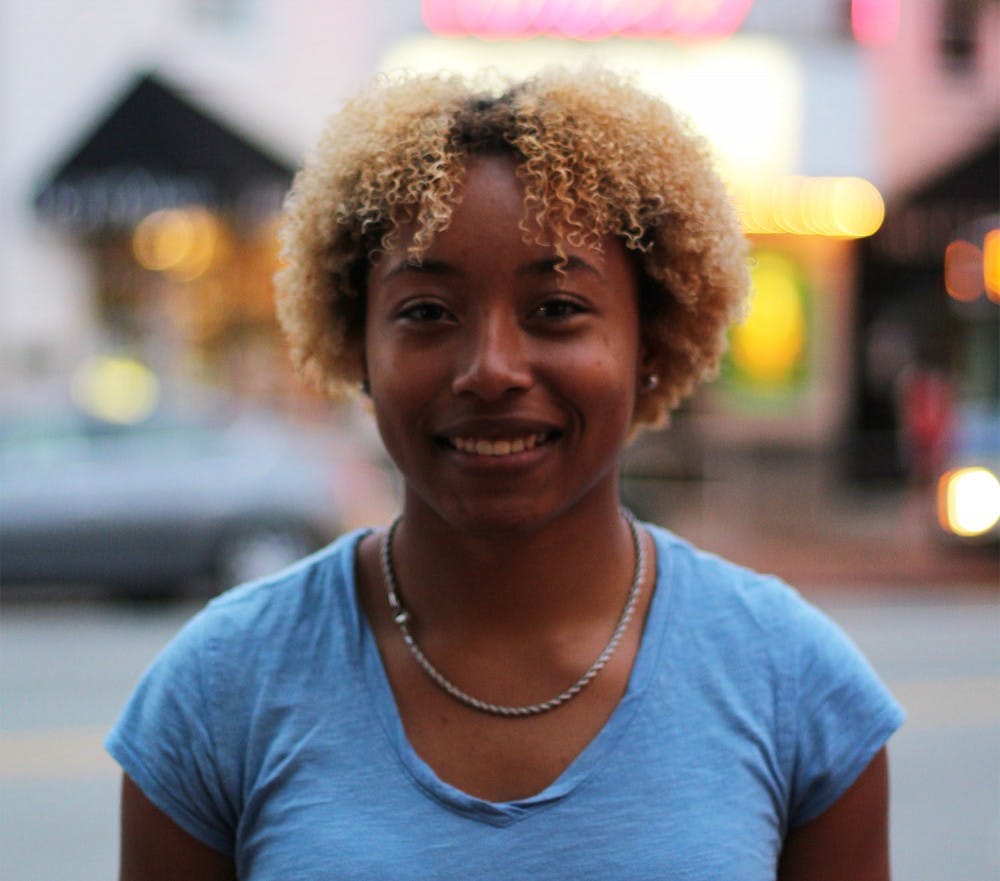Sophomore Atiyah Hamilton founded We Wear The Mask, an organization that raises awareness about mental health in the black community. Staff writer Noni Shemenski spoke with her about the organization and how it is working to erase the stigma of mental health in the black community.
The Daily Tar Heel: What is We Wear The Mask?
Atiyah Hamilton: We Wear The Mask is a campaign geared specifically toward addressing issues of mental health and the stigma behind it in the black community. We want students to feel more comfortable discussing mental health.
DTH: How did you come up with the idea for We Wear The Mask?
AH: Last year, there was an incident when a student lost his life from falling from the Morrison building. I just remember how quickly the discussion about it went away. It was almost as if it never happened. I just remember thinking if the cause of this had anything to do with his mental state, we can’t keep letting these things go unheard. We need to open up conversation more with black students specifically because we don’t really talk about mental health...
DTH: What is the stigma surrounding mental health in the black community?
AH: From the professionals I’ve talked to so far, a lot of the stigma is passed from generation to generation and sometimes comes from watching family members who have mental illness. In some cases they’ve witnessed mental health services be more destructive than helpful. This just casts more of a negative light on mental health and creates this lack of trust between the black community and mental health services.
DTH: What are some of the ways you are opening up discourse?
AH: The campaign is going to have a variety of events. Certain events are going to be culturally-related and focus on cultural elements black students specifically enjoy such as music and art. During these events we’ll foster a fun, safe space where students can have discourse about mental health. We’re also going to host awareness-related events where students can learn about mental health and how the stigmatization of mental health pertains to black students specifically. We’ll discuss different mental illnesses, why therapy can be important and talk about the different kinds of therapy. Then there’s an accessibility side where we try to get our professionals on campus more in touch with students so we can foster that trust.



